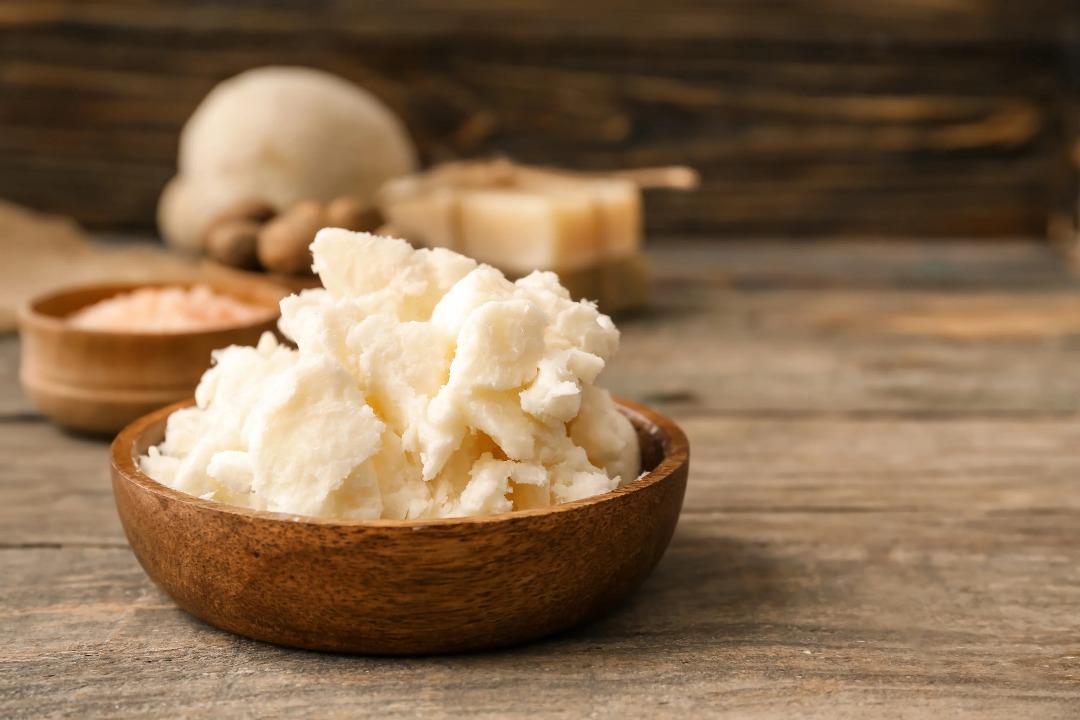Story By: Akua Oteng Amponsah
Ghana’s government plans to ban the export of raw shea nuts by 2026 as part of efforts to boost value addition in the industry.
The phased ban, according to Dr. Peter Boamah Otokunor, Director of Presidential Initiatives on Agriculture and Agribusiness, aims to promote local processing, increase export revenues, and strengthen Ghana’s agro-industrial base.
“The Mahama-led administration is taking bold policy steps to correct structural imbalances in the sector,” Dr. Otokunor said at the launch of the 2025 World Shea Expo. “By 2026, the government will implement a phased ban on the export of raw shea nuts. Ghana must move from being a raw material exporter to a nation of value-added exports.”
The policy shift, he explained, would allow local processors to expand, build capacity, and create export-ready brands that capture higher earnings in the international market.
“This ban will allow local processors to expand, build capacity and build export-ready brands that capture higher earnings in the international market,” he added.
As part of efforts to boost domestic processing capacity, the government is rehabilitating the Buipe Shea Processing Factory, which was previously neglected.
Once operational, the factory is expected to process over 60 metric tonnes of shea nuts annually, with potential to create 300-1,000 direct jobs and over 10,000 indirect jobs.
The World Shea Expo 2025 aims to bring together industry players, policymakers, and investors to explore opportunities in Ghana’s growing shea sector. Dr. Otokunor emphasized the importance of the shea tree as a strategic national resource, noting that it takes about 20 years to mature and is not a renewable firewood source.













